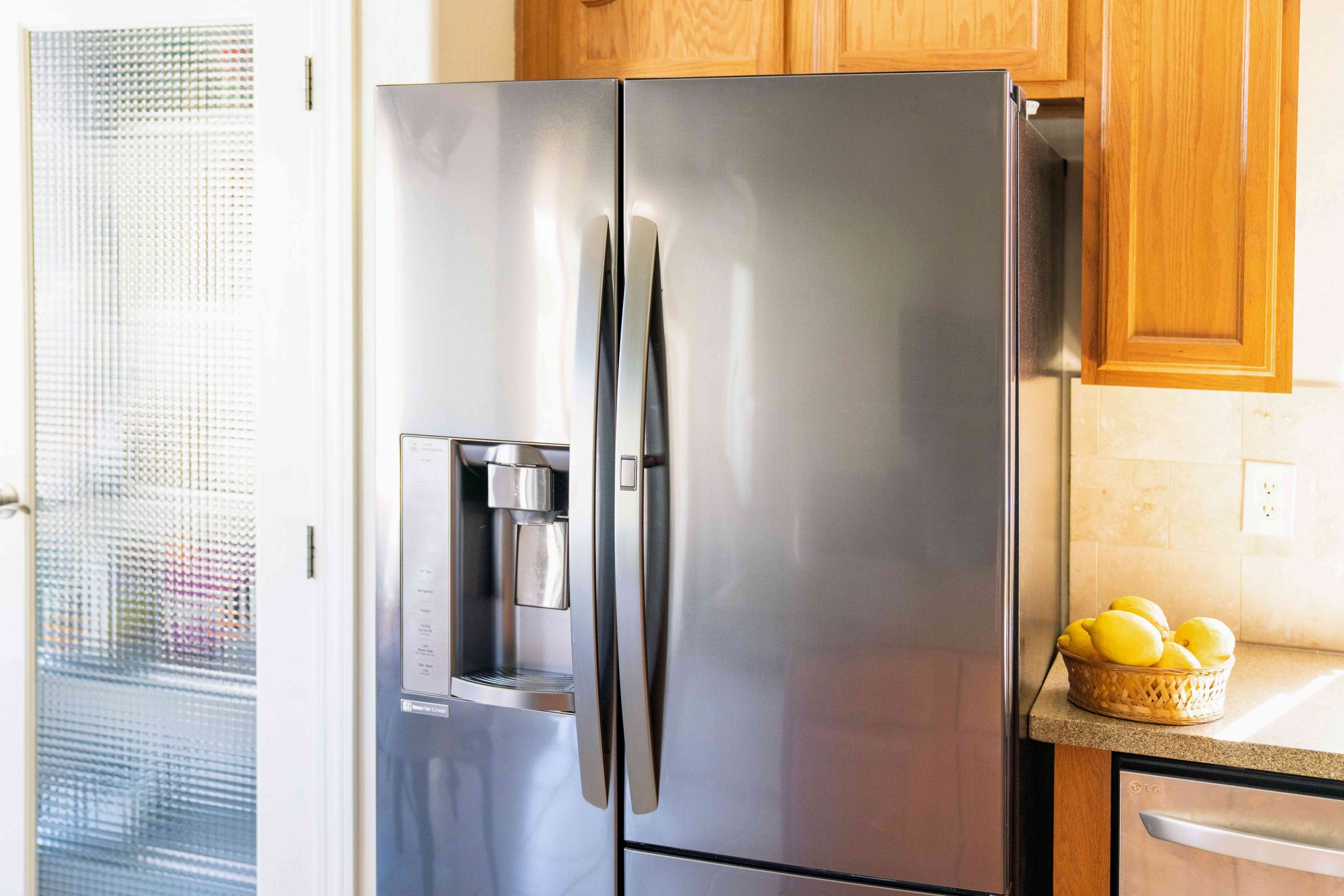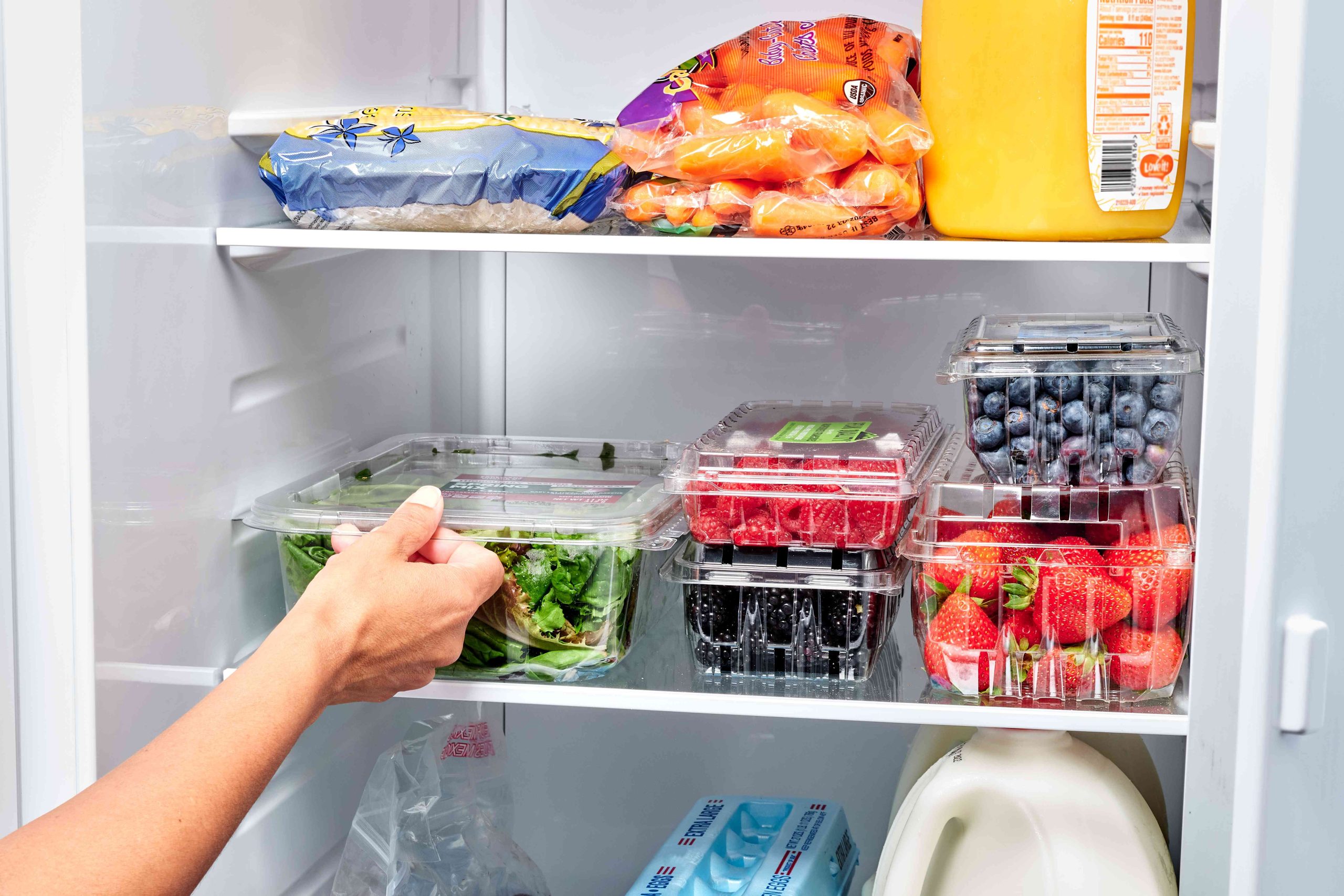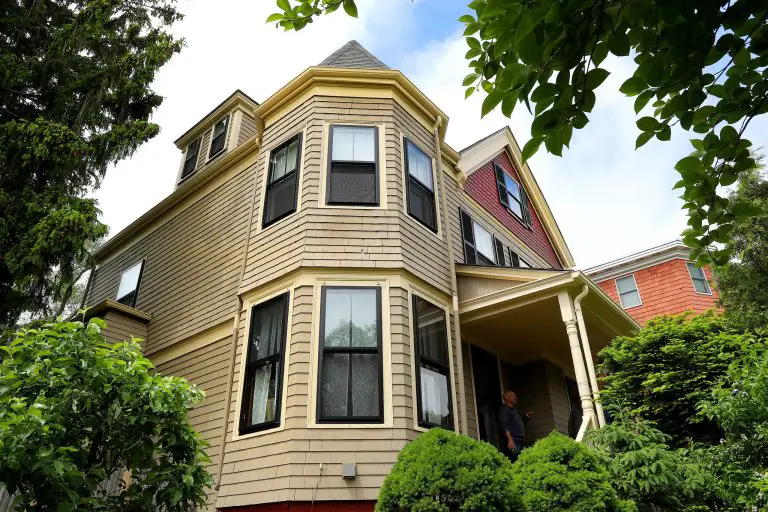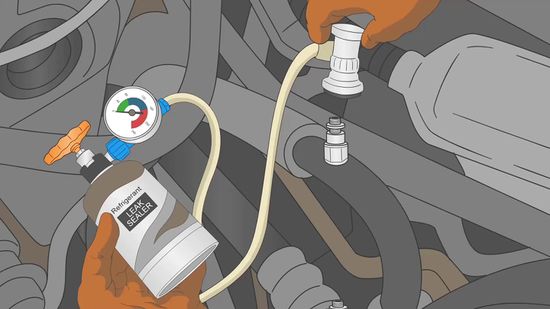How Do I Increase Refrigerator Cooling?
Increasing the cooling of a refrigerator is a relatively straightforward process that can be done by making a few simple adjustments. Depending on the type of refrigerator, there are a few different techniques that can be used to help increase the cooling power of the appliance. The most common way to increase cooling power is to adjust the thermostat, ensuring that the desired temperature is reached. Additionally, cleaning the condenser coils, ensuring adequate airflow, and replacing the refrigerator gasket can also help to improve cooling power. By taking the time to complete these tasks, you can ensure that your refrigerator is running at its fullest potential.
Overview of Refrigerator Cooling
Refrigerators are an essential kitchen appliance that keeps food and drinks cold and fresh. Besides the obvious, they also play a major role in helping to conserve energy. To do this, they rely on efficient cooling systems that make sure your food and drinks are kept at just the right temperature. Knowing how to increase refrigerator cooling can help ensure that your food and drinks stay cold and fresh.
This article will provide an overview of how refrigerator cooling works and how to increase its efficiency. We’ll start by looking at the components of a refrigerator’s cooling system and how they work together. We’ll then discuss the best practices for keeping your refrigerator running at its best. Finally, we’ll look at some of the most common problems that can affect refrigerator cooling and their potential solutions. By the end of this article, you should have a better understanding of how to increase the efficiency of your refrigerator’s cooling system.

Credit: www.thespruce.com
Identifying Potential Problems With Cooling Performance
When it comes to increasing the cooling performance of a refrigerator, the first step is to identify any potential problems. Common issues include low-temperature settings, blocked vents, or a malfunctioning condenser fan. It’s important to check the condenser coils, compressor, and other components for signs of wear and tear. Other issues that can affect cooling include a dirty condenser, an improperly sized unit, or a failing seal.
The best way to determine the source of the problem is to perform a thorough inspection of the unit. Look for any signs of damage or wear, such as cracks in the walls or floor, rust, or debris. Check the temperature settings to make sure they are correct and if not, adjust them accordingly. Clean the condenser coils and inspect the fans for proper operation. If all else fails, a professional HVAC technician can provide a diagnosis and repair.
Taking the time to properly inspect and diagnose the refrigerator can ensure that any potential problems are addressed, allowing for improved cooling performance. It’s important to keep up with regular maintenance and to promptly address any issues that may arise. Doing so can extend the life of the unit and help ensure optimal cooling performance.
Troubleshooting Steps to Resolve Cooling Issues
When it comes to troubleshooting cooling issues with a refrigerator, the steps you take can make a big difference. If your refrigerator is not cooling properly, there are several troubleshooting steps you can take to resolve the issue.
First, check the temperature setting of the refrigerator. If the setting is too high, it can lead to poor cooling performance.
Next, check the condenser coils on the back of the refrigerator to make sure they’re clean. If the coils are dirty, they won’t be able to cool effectively, leading to a decrease in cooling performance.
Another potential cause of poor cooling is a blocked air vent. Make sure the air vent is not blocked by any objects. If it is, relocate the object so it doesn’t interfere with the airflow.
Finally, check the door seals. If the seals are worn, they’ll let cold air escape, leading to poor cooling performance. Replace the seals if they’re worn or cracked.
By taking these simple steps, you can help ensure that your refrigerator will stay cool and function properly. Be sure to check the temperature setting, condenser coils, air vent, and door seals to ensure that you’re getting the most out of your refrigerator and enjoying optimal cooling performance.
Refrigerator Maintenance Tips for Improved Cooling
Taking care of your refrigerator is key to ensuring it runs at its best. Poor maintenance can lead to decreased cooling capacity and cost you more in energy bills. To help you keep your refrigerator running efficiently, here are some maintenance tips:
Clean the condenser coils regularly. Dirt and dust can accumulate on the coils and reduce the efficiency of your refrigerator. Vacuum the coils every 3-4 months, or more often if you have pets or if you live in a dusty environment.
Check the door seals. The door seals should be airtight to keep the cold air in and the warm air out. Check the seals regularly for cracks or tears. Replace the seals if necessary.
Check the air vents. Make sure the air vents are not blocked and can circulate air freely. Check the vents for dust and debris and clean them if necessary.
Check the temperature settings. Make sure the temperature settings are correct for your food and beverage needs. The refrigerator should be set between 37 – 40 degrees Fahrenheit and the freezer should be set between 0 – 5 degrees Fahrenheit.
These tips are simple yet effective for ensuring your refrigerator runs as efficiently as possible. By taking the time to care for your refrigerator, you can keep your food and drinks cold while also saving money on your energy bills.
Benefits of Professional Refrigerator Maintenance
Maintaining a refrigerator can be a tricky task. It’s important to keep the appliance running properly to ensure that food stays at safe temperatures and is properly preserved. Professional refrigerator maintenance can help improve cooling performance and increase efficiency, leading to better food storage and preservation.
Regular maintenance helps the refrigerator to keep its cooling power and efficiency, which can save you money in the long run. A professional technician can diagnose and repair any issues, as well as identify potential problems before they become serious. Professional maintenance also helps to extend the life of the fridge, ensuring that your food remains fresh and safe for longer.
The technician can also check the seals, door gaskets, and temperature settings to make sure that the refrigerator is running efficiently. Additionally, they can clean the condenser coils, which can help keep the appliance running smoothly and efficiently. This can improve the cooling capacity of the refrigerator, ensuring that your food stays at the right temperature.
Finally, professional maintenance helps to reduce energy consumption. With regular cleaning and servicing, the refrigerator will use less electricity, saving you money on your utility bills.
In conclusion, professional refrigerator maintenance can provide numerous benefits, including improved cooling performance, energy efficiency, and extended appliance life. Regular servicing and cleaning can help keep your food fresh, safe, and well-preserved.
Energy Efficiency Tips for Refrigerators
Refrigerators are an essential appliance for many households, but they can also be a big energy drain. If your refrigerator is not working efficiently, it may be time to consider ways to improve its cooling capacity. Fortunately, there are several easy steps you can take to increase the cooling power of your refrigerator without breaking the bank.
Start by inspecting the seals and gaskets on the refrigerator door. If the seals and gaskets are not firmly attached, they can cause cold air to escape and reduce the cooling power of the refrigerator. Cleaning the gaskets with a damp cloth and replacing any worn or damaged seals can help keep cold air in and warm air out.
Next, check the temperature settings on your refrigerator. Most refrigerators should be set to a temperature of 37-40 degrees Fahrenheit. If the temperature is set too low, it can cause the refrigerator to work harder than necessary and use more energy.
Finally, make sure your refrigerator is kept away from heat sources. If your refrigerator is located next to an oven or other heat-producing appliance, the additional heat can reduce cooling power. It is best to keep your refrigerator away from direct sunlight and other heat sources.
By following these simple steps, you can help ensure that your refrigerator is working as efficiently as possible and that you are saving energy. For more energy-saving tips, consult an experienced HVAC technician who can help you determine the best way to increase the cooling power of your refrigerator.
DIY Refrigerator Cooling Solutions
Are you looking to increase the cooling power of your refrigerator? DIY refrigerator cooling solutions can help you achieve this goal without spending too much time and money. Refrigerator cooling solutions can range from simple to complex, depending on the make and model of your fridge. From simple modifications such as flipping the thermostat switch to more advanced solutions like modifying the fan or adding a condenser, there are several options to choose from. This article will provide an in-depth look at the various DIY refrigerator cooling solutions available to help you make an informed decision. We’ll examine some of the most common methods, as well as the pros and cons of each. Additionally, we’ll discuss the importance of proper maintenance and cleaning to keep your fridge running efficiently. Finally, we’ll provide some tips on how to diagnose cooling problems and determine whether a DIY solution is right for you. Get informed and start cooling your refrigerator with these DIY refrigerator cooling solutions today!
FAQs About the How Do I Increase Refrigerator Cooling?
1. What temperature should I set my refrigerator to for optimal cooling?
Answer: The optimal temperature for a refrigerator is between 37-40 degrees Fahrenheit.
2. Is there anything I can do to make my refrigerator cool more efficiently?
Answer: Yes. Regularly clean the condenser coils and make sure the door is properly sealed. Additionally, ensure the refrigerator is not overcrowded, as this can reduce air circulation and cause the temperature to rise.
3. How often should I defrost my refrigerator?
Answer: It is generally recommended to defrost your refrigerator every 6-12 months, depending on how often you use it. Defrosting will help to ensure your refrigerator is cooling optimally.
Conclusion
Increasing the cooling of your refrigerator can be done by making sure it is adequately sealed, adjusting the thermostat, and regularly cleaning the coils. Keeping your refrigerator well-maintained can also help it run more efficiently. In addition, keeping the door closed as much as possible and avoiding overstuffing the fridge can help keep it cool and running optimally. Following these tips can help you ensure your refrigerator is running at its best.







